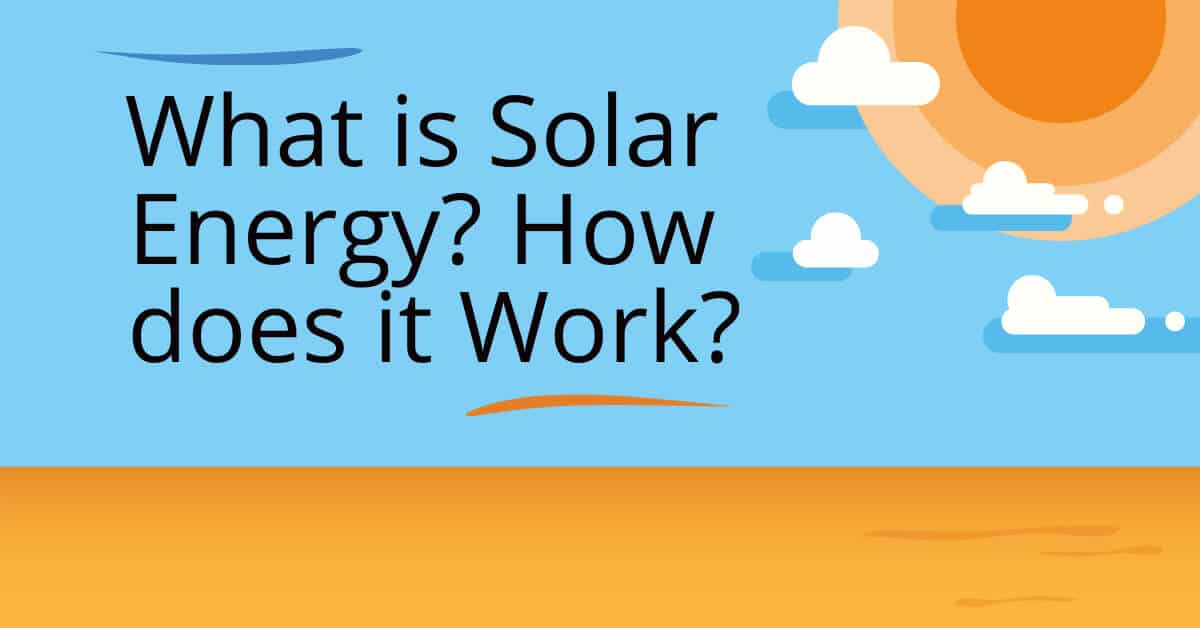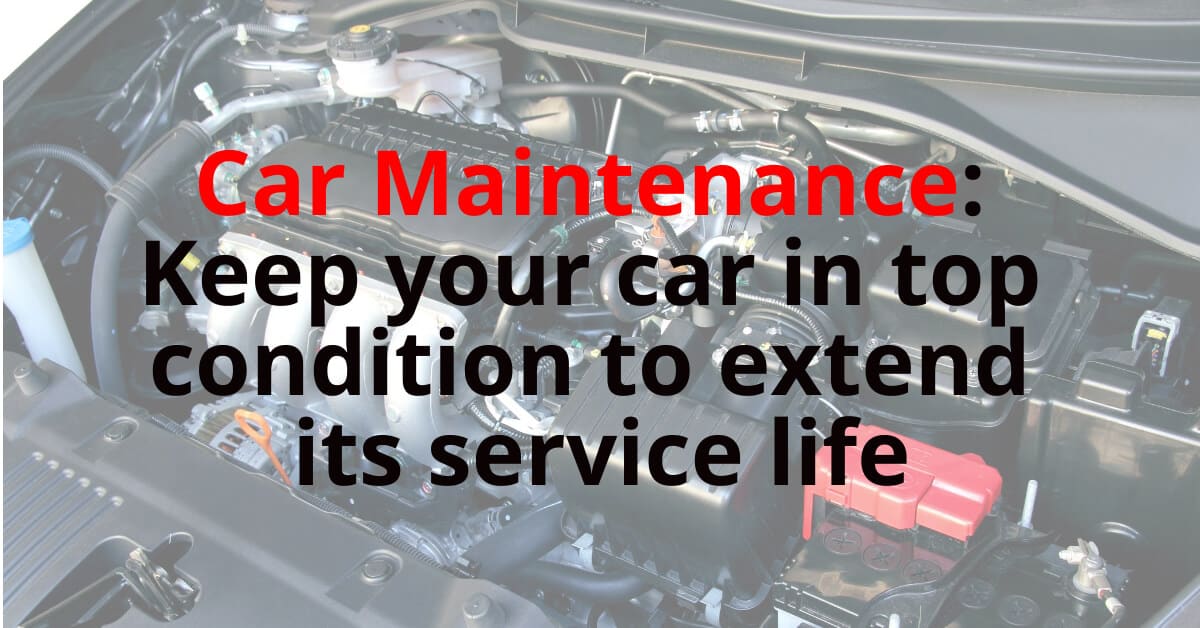What Is Solar Energy?
Solar energy is considered to be one of the cleanest sources of renewable energy. What exactly does solar power mean? How can it be harnessed?
A solar cell converts sunlight directly into electricity using photovoltaic (PV) cells. These PV cells are made from semiconductors such as silicon or gallium arsenide. The sun’s rays pass through these materials and generate electrons and holes. When light shines on a solar panel, the electrons and holes create an electric current. This current is then converted into usable electrical energy.
There are three main ways to harness solar energy. First, you can install a solar panel on top of your roof. Second, you can purchase a solar battery pack. Third, you can use a solar charger. Each way has its advantages and disadvantages.
Solar Energy Pros and Cons
What is solar energy? Solar power is a renewable source of energy that harnesses the sun’s rays to generate electricity. Although it has become more affordable over time, solar energy still remains expensive compared to other forms of energy generation.
The amount of solar energy produced worldwide has increased dramatically since its invention. In 2017, global production was estimated at around 3,500 terawatt hours (TWh), or enough to supply the entire world with clean, green energy for nearly 8 years.
“To date, solar energy has proven to be a reliable, cost-effective solution for producing electricity,” said Dr. Robert W. Howarth, director of the National Renewable Energy Laboratory (NREL). “However, it remains a challenge to develop ways to store this energy and distribute it efficiently.”
Renewable energy Source:
Solar energy is considered a renewable form of energy because it comes from natural resources found in nature. It is also sustainable, which means that we will always have access to solar energy. We do not need to worry about running out of solar energy
Clean energy Source:
Solar power is considered clean energy because it produces no greenhouse gases, soot, or smog. It does produce some noise during operation, but this is usually minimal.
Pros of Solar Energy:
1. Free
2. No pollution
3. Can be used anywhere there is sunshine
4. Does not require fossil fuels or nuclear power
5. Produces zero waste
6. Good for the environment
What advantages does solar energy offer over other forms of energy?
The sun provides us with free, clean energy. It has the potential to provide our future generations with abundant, cheap energy. But, why should we invest in solar power? How much would it cost me? Is it worth it?
There are several reasons why solar is the way forward. Not only does it save the environment from pollution, but also it saves us money. Let’s take a look at some of its benefits.
What are the benefits of solar energy?
Solar energy is becoming increasingly important as fossil fuels become harder to extract. The sun provides us with free energy from day one, and it’s only getting stronger. In fact, solar power has grown rapidly over the last decade. And now, it’s cheaper than ever before.
Solar energy is clean, renewable, sustainable, and environmentally friendly. It produces no greenhouse gases or toxic emissions. It also helps reduce our dependence on foreign oil. All in all, it’s a great way to save money and live green.
Environmentally Friendly
Can solar energy replace fossil fuels? Does it really matter if I’m using solar or wind power?
Solar power has been around since the early 1900s. In recent years, however, it has become much cheaper and more efficient. The cost of solar panels has dropped dramatically, and they can now provide electricity at a lower price than coal.
With the rise of renewable energy sources, solar power is becoming more affordable and accessible. This means that solar energy might soon be able to compete with other forms of energy production. Learn more about how solar energy works and whether it’s better than other types of energy.
Sustainable: How much energy does solar power produce?
Solar energy is sustainable because it produces zero emissions. In addition, solar panels last longer than other forms of energy production. They also don’t require maintenance or fuel to operate.
Although solar energy has become more affordable over time, solar energy still isn’t widely used. There are still obstacles to overcome before solar becomes mainstream.
How Does Weather Affect Solar Energy?
Solar energy has become widely popular over recent years due to its sustainability and clean nature. The sun provides us with unlimited renewable power, but the amount of solar energy reaching Earth varies depending on weather conditions. In this video, we’ll discuss the effect of climate change and cloud cover on solar energy production.
As temperatures rise, the amount of sunlight reaching the Earth decreases. When solar panels aren’t exposed to direct sun rays, they tend to absorb less power. This means that even though you may be using a higher wattage panel, you won’t get anywhere near the same output.
Cloudy skies reduce the amount of sunlight reaching the surface of the earth, thus reducing the amount of energy generated from solar panels. On the other hand, if clouds block out too much direct sunlight, they can also prevent enough sunlight from reaching the ground, causing temperatures to fall lower. This leads to less efficiency in converting sunlight to electricity.
How Do Solar Panels Generate Electricity?
Solar energy is becoming more widely adopted around the globe. There’s no question that the future of renewable energy lies in solar power. This clean source of energy is also a great way to reduce greenhouse gas emissions.
When sunlight hits the surface of a solar panel, it converts light into electrical current via photovoltaic cells. These cells are then converted into usable electricity through a series of electronic components.
The sun emits electromagnetic waves (light) into space, which causes electrons in the atmosphere to move around and create electricity. This process is called photovoltaic generation.
Is Solar Energy for you?
Here are five things to consider before deciding whether or not to invest in solar power.
1. Cost
Solar power can be expensive. However, if you are looking into installing panels that generate electricity from sunlight, you may find that your initial investment is offset by lower utility bills throughout the year. In addition, many states offer rebates and tax credits to help reduce the cost of installation.
2. Size
The size of your roof space will determine how much power you can produce. If you have a large area, you’ll need fewer panels than if you have a small area. You should also take into account the amount of sun exposure you receive in your location.
Solar panels come in different shapes and sizes, but they all work in the same way. They convert sunlight into electricity using photovoltaic cells. There are two types of solar panel technology used today – mono crystalline silicon and polycrystalline silicon. Mono crystalline silicon works best in hot climates while polycrystalline silicon is better suited for cooler regions. Most people use both systems together to get the best results.
3. Efficiency
Your system’s efficiency determines how much power you actually make. The higher the efficiency rating, the less energy lost through heat and the better. Most systems range between 15% and 20%.
4. Location
Wherever you live, you need to take advantage of the sun’s rays. If you don’t get enough sunlight, you won’t receive any energy from the panels. Look at where the sun shines brightest in your area.
5. Maintenance
Even if Solar panels require less maintenance, They do need to be keep clean for maximum efficiency. Solar panels require regular cleaning to ensure maximum efficiency. Over time, dust and debris tend to build up on them and reduce their effectiveness.
Conclusion: Sustainability is the Answer, Solar Energy is the Future
There are many benefits to using solar energy. One of the biggest advantages is that it does not produce any emissions. Unlike fossil fuels like coal and oil, solar energy does not contribute to global warming. Another benefit is that it produces no noise pollution. You won’t hear any loud generators running around at night. And lastly, it’s completely renewable. No matter how much land is covered in solar panels, the earth will continue to receive free energy from the sun forever.
























